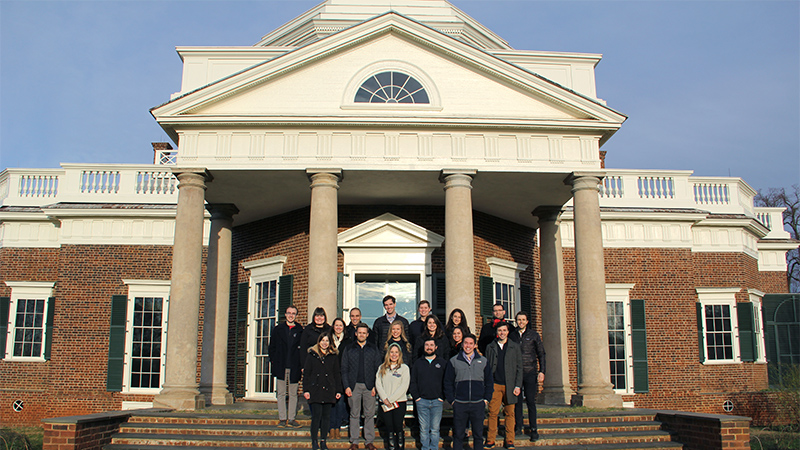
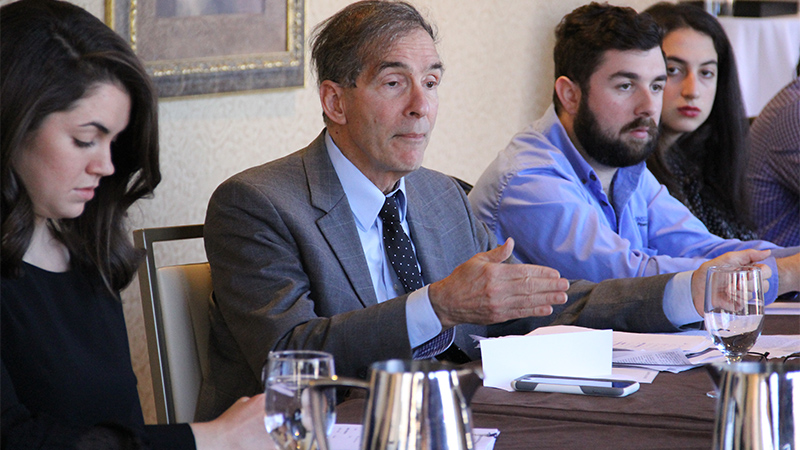
With a growing focus on identity politics, divisiveness and extremism, now is a critical time to dig deep and understand what truly defines and unifies Americans.
As part of the year-long curriculum on “The Experiment in Self Government,” the TFAS Public Policy Fellows convened in Charlottesville, Virginia, for a spring retreat to explore the “American National Character.”
The retreat to Charlottesville provided the Public Policy Fellows an opportunity to enjoy in-depth lectures and engage in discussions about what it means to be an American and engage in American civilization.” – Ben Woodward, PPF ’19
At the inception of America, George Washington remarked that the country needed to impart a “national character,” uniting as one people who are dedicated to a shared set of ideas.
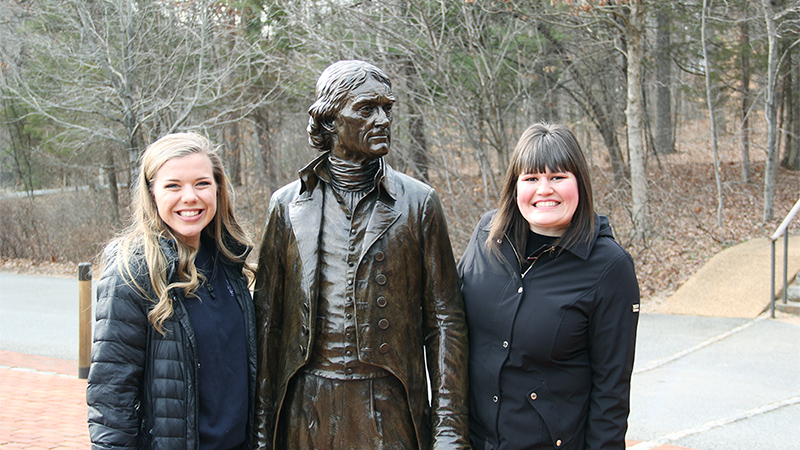
At that time, many thought of themselves as citizens of a particular state, and that national loyalty would need to be supplanted in favor of allegiance to a new nation. Today, America is at a seemingly similar crossroads, as Americans have become divided and partisan, and many are questioning what we still have in common.
From Feb. 7-8, 2020, the Fellows examined the speeches, creed and history that make up the American soul and discussed what can be done to unite modern Americans and renew a commitment to preserving an American national character.
Fellow and deputy director of career programs at the Leadership Institute Ben Woodward, PPF ’19, called the retreat “an enlightening experience with many considerate and well-argued points from a range of perspectives.”
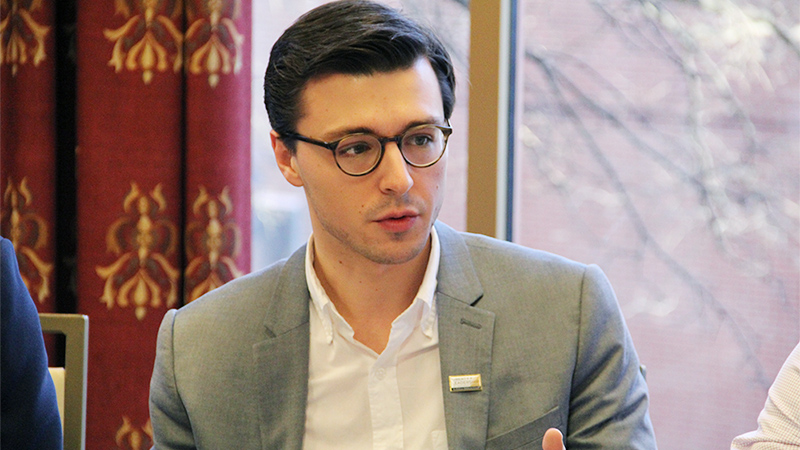
“The retreat to Charlottesville provided the Public Policy Fellows an opportunity to enjoy in-depth lectures and engage in discussions about what it means to be an American and engage in American civilization,” he said. “This included what it means to be a citizen and the responsibilities that come with it.”
Dr. James Ceaser, professor of politics at the University of Virginia, and Dr. Carson Holloway, political science professor at the University of Nebraska Omaha served as speakers and discussion leaders for the weekend retreat.
Dr. Ceaser opened the weekend with a lecture on “Race, Identity and Diversity,” looking at the history of identity politics and pointing out how identity politics can be divisive and can undermine the American national character.
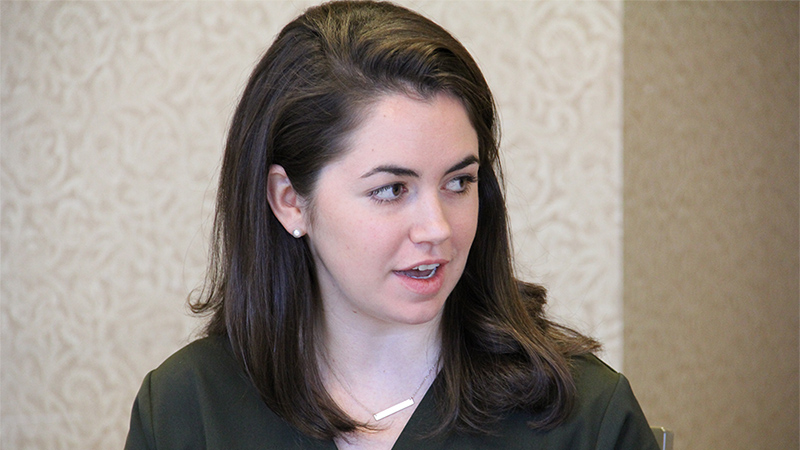
Abigail Guidera, PPF ’19, a program manager of domestic policy studies at the American Enterprise Institute (AEI), said it is important for young leaders to discuss identity politics and the ideas of the Founding because “we are living in a time where views on identity are constantly changing.”
“Adherence to tradition is too often brushed aside as an inconvenience to ‘progress,’ but the reality is that without tradition, without antiquity, we lose sight of where we came from and put ourselves in danger of greater fragmentation,” she said.
In between several discussion sessions, lectures and shared meals, the Fellows ventured to Thomas Jefferson’s estate, Monticello, to explore the home of the drafter of the Declaration of Independence.
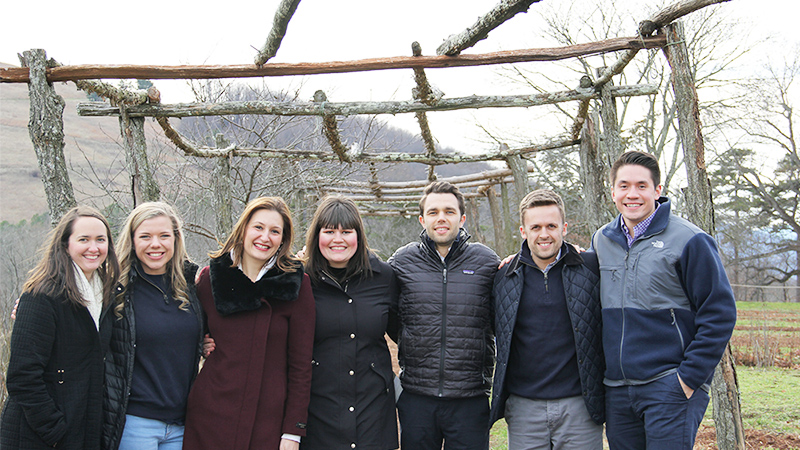
Paul Mullen, PPF ’19, a Fellow and marketing associate at The Heritage Foundation, said the tour of Jefferson’s home provided him with a deeper understanding of the ideas discussed during the retreat.
“I most enjoyed our visit to Monticello, which provided the perfect historic backdrop to our readings, lectures and discussions of Jefferson and the true meaning of American Citizenship,” he said.
Christiana Reasor, PPF ’19, a legislative correspondent for Sen. Jerry Moran, said the weekend served as a valuable time to listen to new perspectives and ideas from peers working in policy, while strengthening the civic ties among the TFAS network.
“The bond of community that comes from sharing our love of America, political philosophy and connecting those principles to public policy is what I have enjoyed most,” she said.
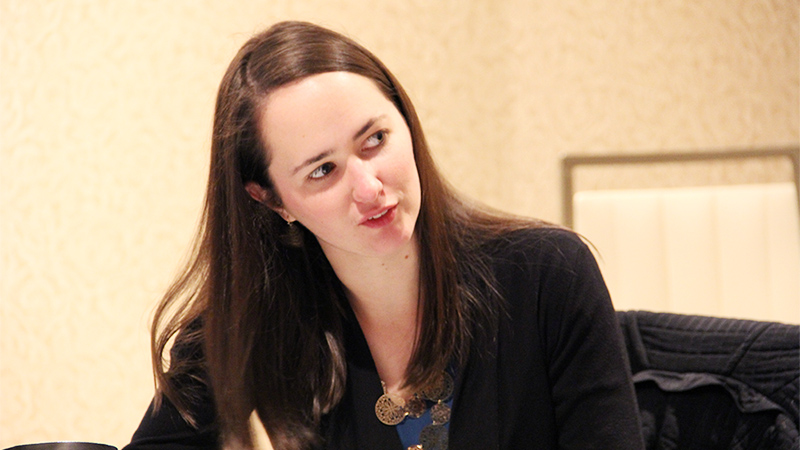
Guidera echoed the importance of sharing these differing perspectives, including hearing ideas from Fellows from diverse backgrounds.
“The conversations about American citizenship and character were much more thoughtful and rich because we had someone commenting on their observations as a non-citizen, someone whose parents immigrated, and others who feel the conflicting pull of competing nationalities,” she said. “Their comments served as a refreshing reminder that America has something to offer everyone, that there is still a tie that binds us together, and that aspiration is not a quality lost amongst our nation’s citizens today.”

Dr. Holloway ended the first day of the retreat with a lecture on “National Unity and Civic Friendship,” detailing current political divisions that go against the Founder’s vision of American national character and how civic friendship – similar to the kind strengthened through the TFAS Public Policy Fellowship – may help combat such divisions.
Guidera said, overall, the Fellows’ “vision of citizenship was sharpened by a look back” at history during the retreat.
“Moving forward, I believe we are all more prepared to contemplate and apply a more contiguous understanding of national identity that should ultimately serve to bring people together in a common and grounded fashion,” she said.

